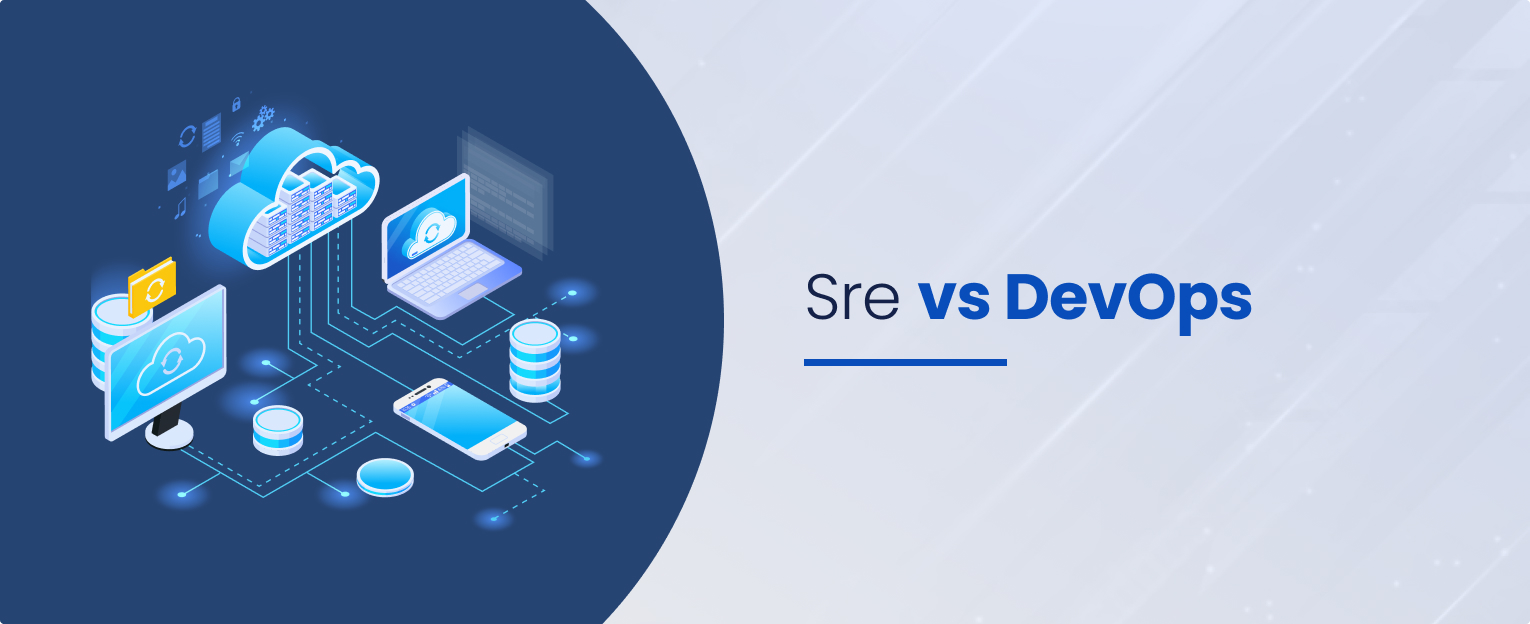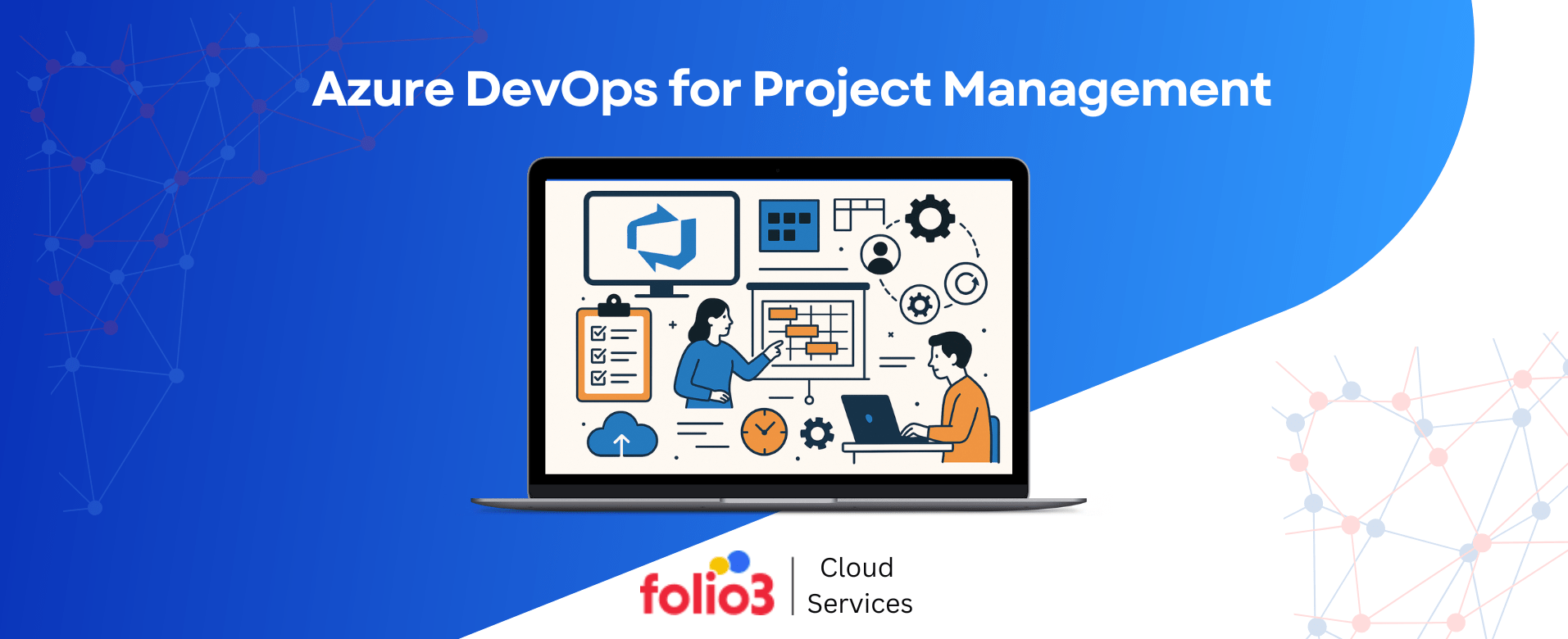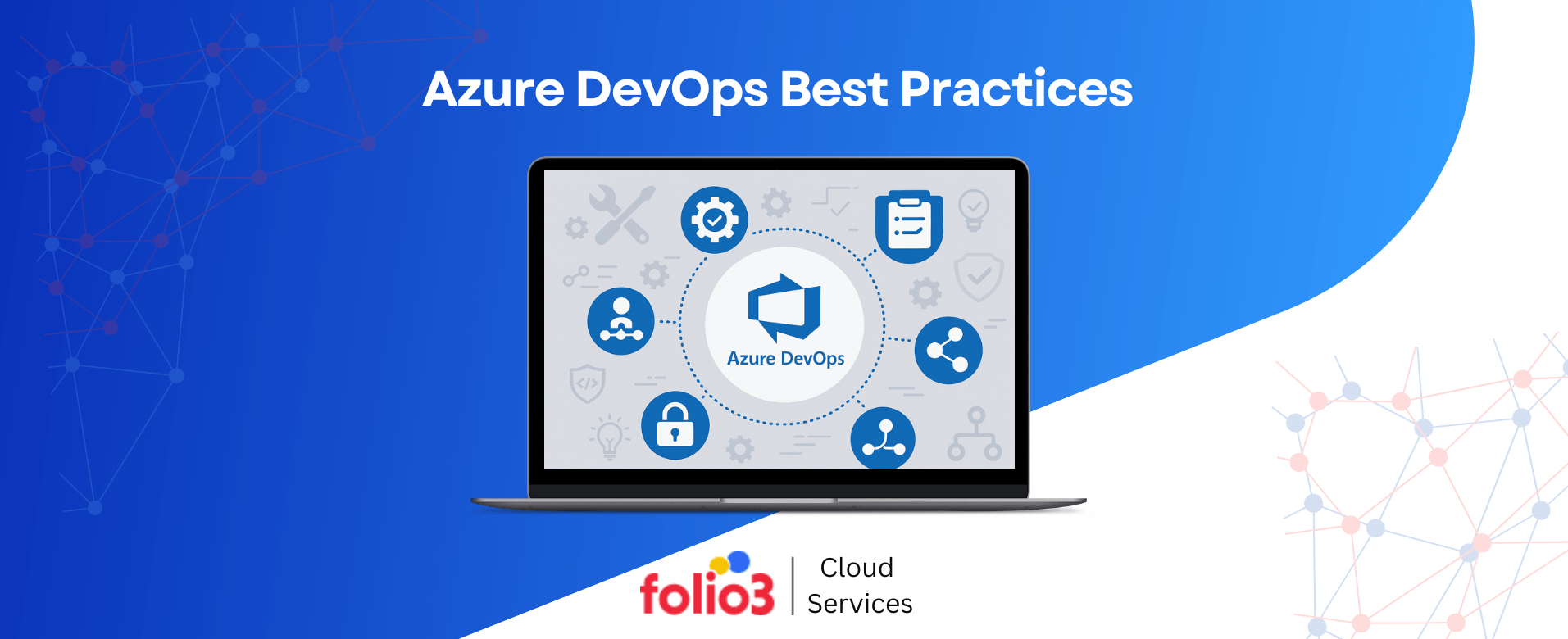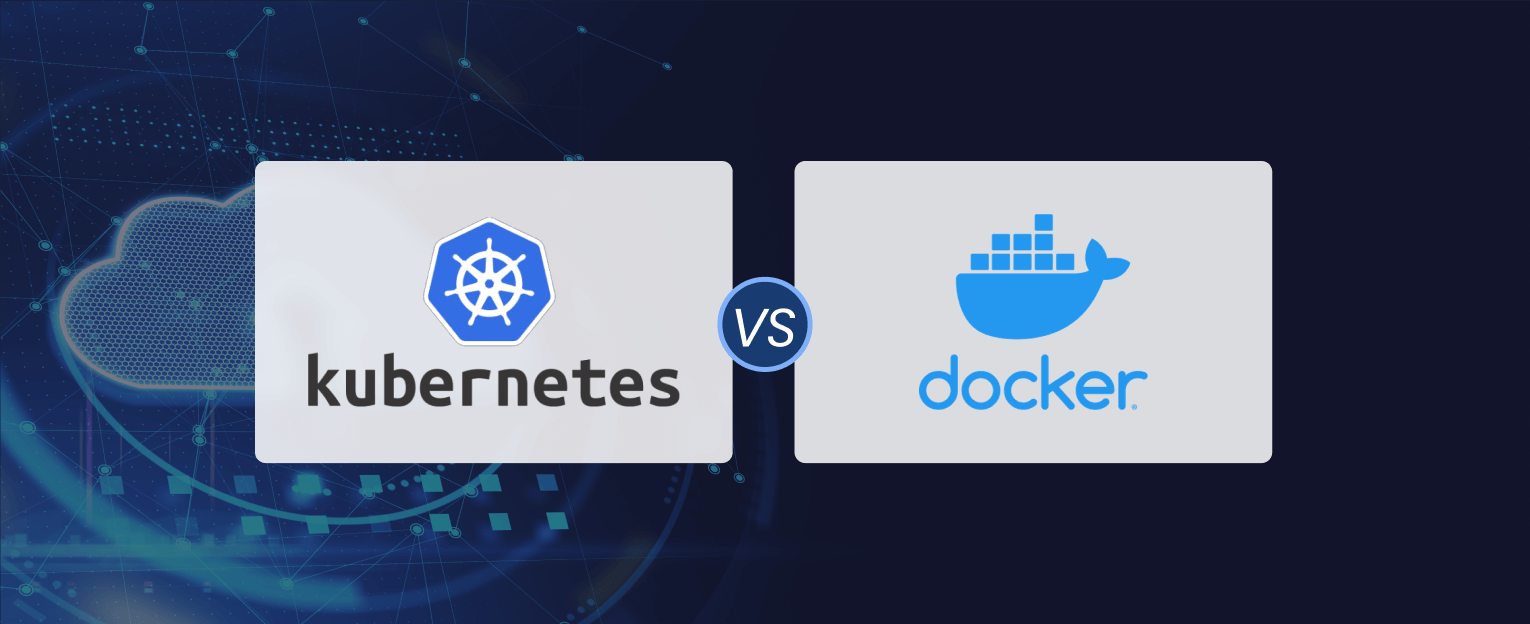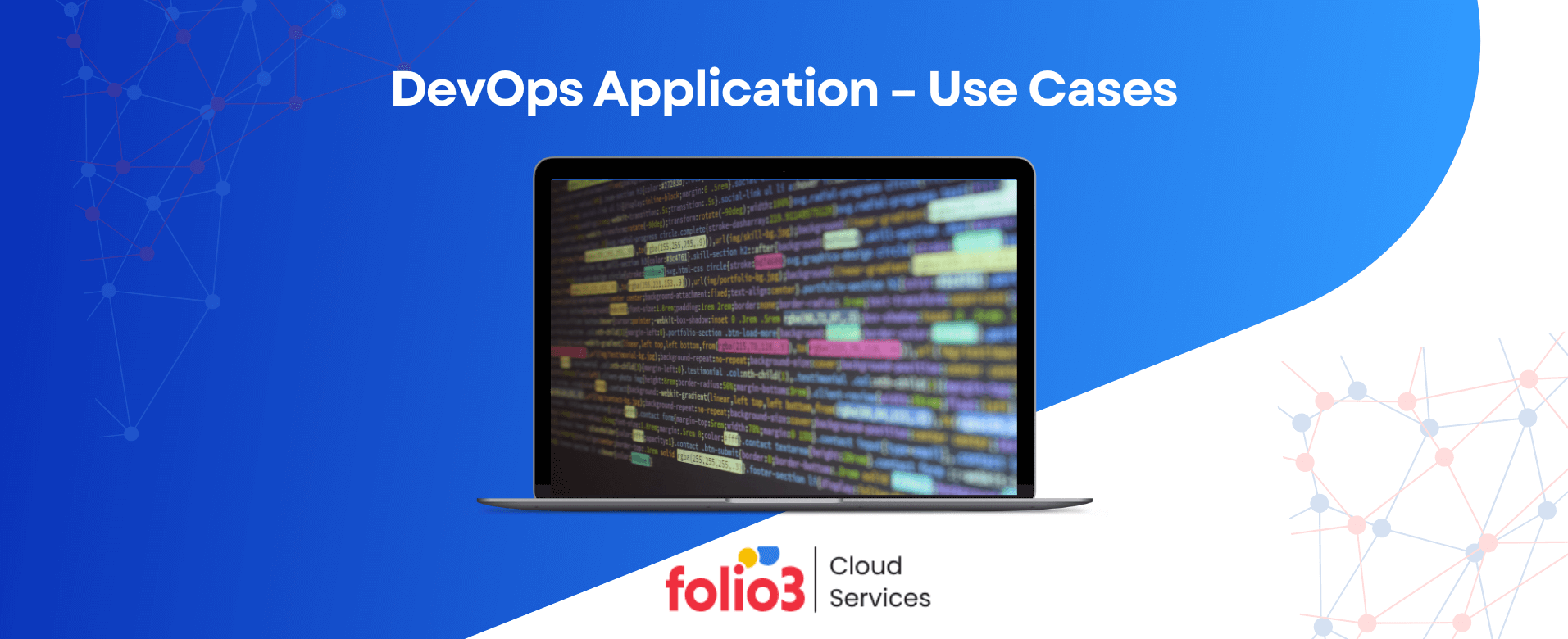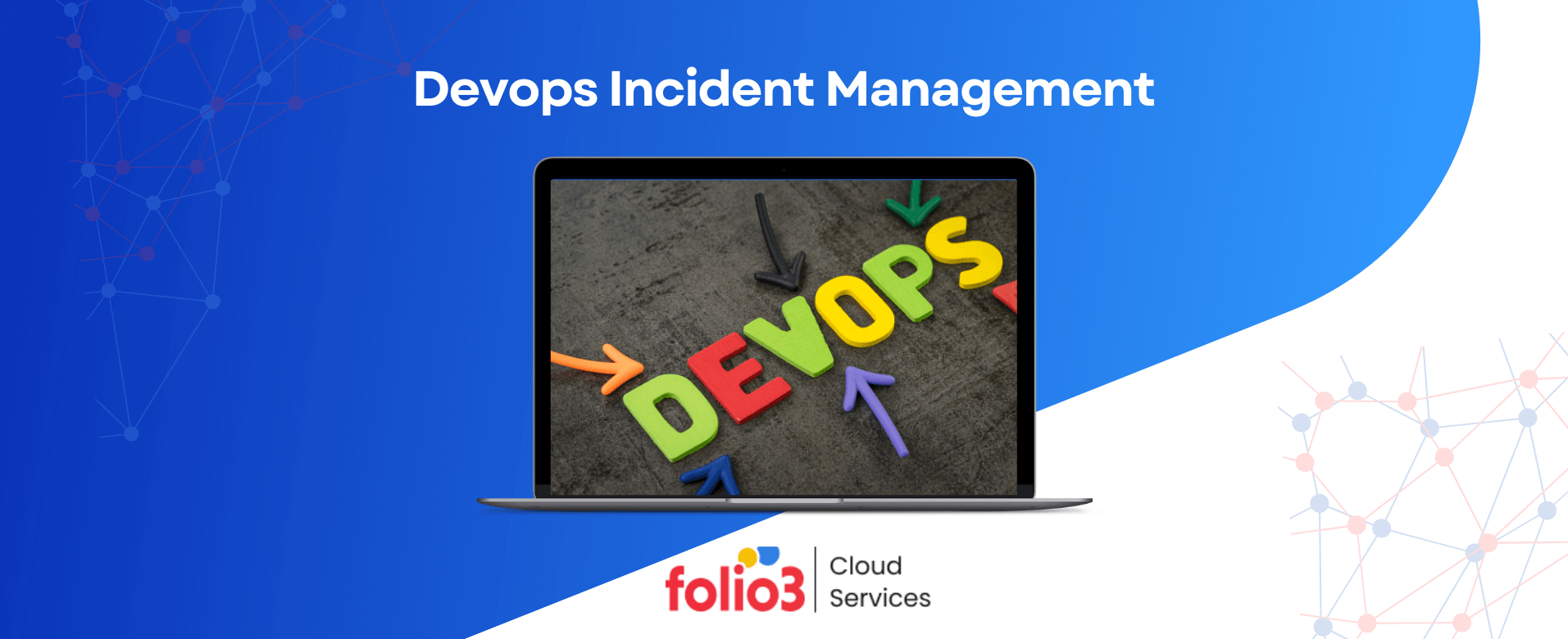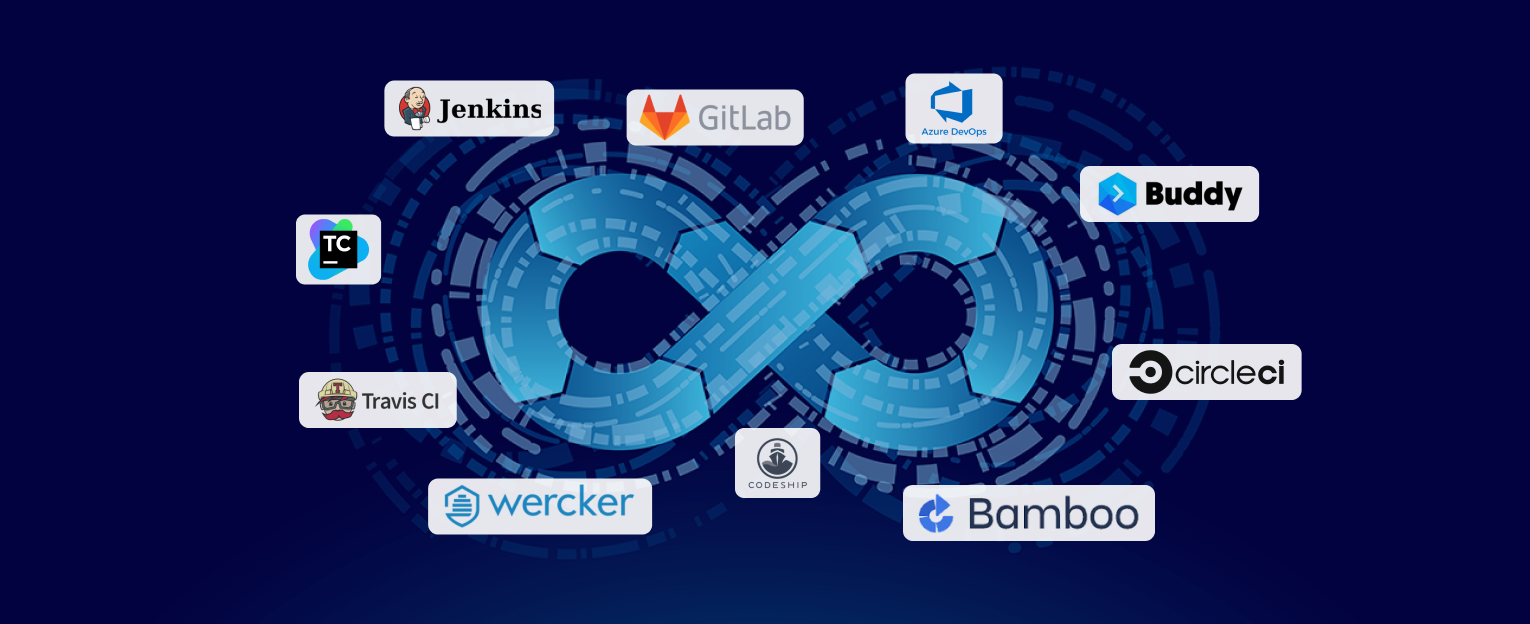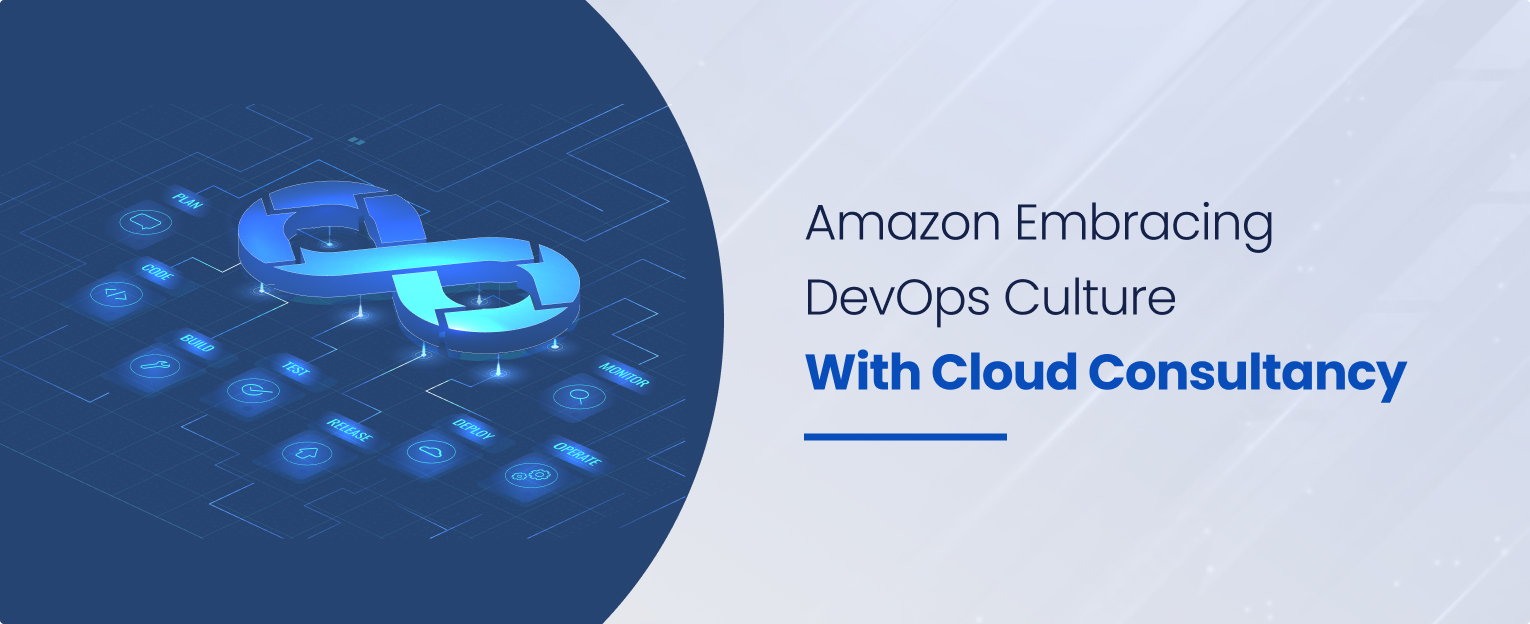Site Reliability Engineering (SRE) and DevOps are pivotal methodologies driving efficiency and reliability in modern software development. While both aim to accelerate product releases and enhance reliability, they focus differently.
SRE focuses mainly on the deployment and availability of the production environment, whereas DevOps focuses more on the application’s continuous delivery throughout its life cycle.
This guide discusses how businesses balance SRE vs DevOps, capitalizing on the two methods’ unique qualities for top performance and redundancy.
The difference in Job Roles of SRE vs DevOps
While both DevOps and SRE roles focus on enhancing software reliability and performance, their primary functions, tools, and measurement metrics differ.
DevOps emphasizes development problem-solving and continuous integration/delivery, whereas SREs prioritize operational resilience, scaling, and uptime.
Understanding these differences allows organizations to allocate responsibilities effectively to ensure smooth operations and optimal performance.
| Aspect | DevOps | SREs |
| Role | Solve development problems, build solutions for business requirements | Deal with operational problems such as production failures, infrastructure issues, security, monitoring |
| Focus | Product development with Continuous Integration/Continuous Delivery | Resilience, scaling, reliability, uptime, robustness |
| Tools | IDEs, Jenkins, JIRA, Splunk, SVN, GitHub | Prometheus, Grafana, incident alert tools, Ansible, Puppet, Chef, Kubernetes, Docker, cloud platforms (AWS, GCP, Azure), JIRA, SVN, GitHub |
| Bug Reporting | Debugging reported bugs in the end product | Reporting bugs to the Core development team; debugging infrastructure issues during production outages |
| Measurement Metrics | Deployment Frequency, Deployment Failure Rate | Error Budgets, SLOs (Service Level Objectives), SLIs (Service Level Indicators), SLAs (Service Level Agreements) |
| Incident Handling | Mitigating incidents, conducting post-incident reviews | Conducting post-incident reviews, identifying root causes, documenting findings for core development team feedback |
Problems DevOps Teams Solve
Implementing DevOps practices addresses various challenges and improves operational efficiency in software development and delivery. Here are some fundamental problems DevOps teams solve:
1. Reduced Cost of Development and Maintenance
DevOps teams spend a lot of time on CI/CD, with particular concern for automated testing and, last but not least, the automation of release management operations.
One key advantage of DevOps is that it reduces the development and maintenance costs of traditional software development life cycles by automating functions and optimizing processes.
2. Increased Innovation and Experimentation
DevOps facilitates a culture of innovation and experimentation as it gives the team the power to iterate fast, prototype new ideas, and progressively take feedback. Automation replaces monotonous tasks and improves the efficiency of business processes.
DevOps paves the way to creativity by saving time and money and opening up new room for technology bustling. This develops a culture of never-ending improvement and stimulates creativity across the business.
3. Improved Collaboration and Communication
DevOps fosters a culture of teamwork and information exchange between development, operations, and other teams with the same function.
This leads to breaking down silos and increasing transparency, which empowers teams to operate in tandem, share expertise, and solve problems jointly.
Reinforced cooperation allows quicker issue mitigation, smoother deployments, and successful software implementation.
4. Shorter Release Cycle
DevOps advocates for shorter release cycles to facilitate faster delivery and easier management of releases. Shorter cycles allow for quick identification and resolution of issues, minimizing the impact of failures in production.
Unlike traditional release cycles, where delivering everything in one release poses higher risks and challenges in rollback, DevOps ensures a structured release version system with minimal manual intervention. Benefits of Shorter Release Cycles:
- More frequent delivery of new change requests.
- Simplified deployment of upgrades such as bug fixes, security patches, and version upgrades.
5. Automated and Continuous Testing
DevOps integrates testing throughout the development lifecycle, enabling continuous and automated testing. With tools like Jenkins for CI/CD and version control systems like Git and Bitbucket.
DevOps ensures comprehensive test coverage, encompassing functional, nonfunctional, and interaction tests. This proactive approach to testing automation enhances overall project quality and efficiency.
Problems SREs Teams Solve
1. Proactive Monitoring and Alerting:
SRE teams emphasize setting up a proactive monitoring system that will not only alert them of issues but also offer solutions before the issues affect end-users. This is done by deploying a comprehensive monitoring solution and defining clear alerting thresholds.
SREs are enabled to respond quickly to performance degradation, resource constraints, and other abnormalities at an early stage, and they act accordingly to avoid disrupting the services.
2. Capacity Planning and Optimization:
SREs help rule systems with enough resources to cater to current and future demands more profitably with minimal costs.
SRE teams can effectively manage infrastructure capacities by reviewing usage patterns, estimating growth, and implementing auto-scaling processes that trigger changes in the provisioned resources at the right time, resulting in efficiency and cost-effectiveness.
3. Incident Management and Post-Incident Analysis:
Besides SRE teams, incident management involves all other team members. The prompt response to any issues and recovery of normal operations in the network to minimize downtime and user impact are among their priorities.
PSREs also perform in-depth investigations to identify the root cause factors and evaluate the effects. They can also implement preventive measures to prevent recurrence.
SREs contribute to continuous improvement and enhance system resilience by documenting incident details and lessons learned.

Ready to Elevate Your Systems?
Dive deep into the future of Site Reliability Engineering. Learn how to leverage automation, proactive incident management, and the latest tools to ensure your infrastructure’s reliability and efficiency.
Similarities between SRE vs DevOps
SRE vs DevOps emphasizes organizational cultural shifts, promoting collaboration, transparency, and shared responsibility among development, operations, and other stakeholders.
They both advocate for breaking down silos and fostering a culture of trust and accountability, where teams work together towards common goals and deliver value to customers.
Additionally, both SRE vs DevOps use automation to enhance productivity, reduce errors, and streamline processes. Automation facilitates the pace of non-disruptive and interactive software release, continuous integration and deployment, infrastructure management, and monitoring and alerting.
Also, while SRE vs DevOps differ in their emphasis areas and approaches, they are both about targeting organizational success through high reliability, scalability, and agility, with the vital purpose of shipping high-quality software products and services.
DevOps and SRE Tools
Many tools are utilized across both DevOps and SRE practices to streamline workflows and enhance collaboration. Here are some commonly used tools in both domains:
Common Tools:
1. Planning:
- Jira Software: A project management tool that helps with issue tracking, agile planning, and team collaboration.
- Confluence: This collaboration platform helps create and maintain documents, plans, and knowledge databases without any issues.
- Slack: Social messaging and collaboration platform that provides a space for professionals to work at high intensity with their colleagues on matters that require their undivided attention.
- Microsoft Teams: is a collaborative communication and technology platform that integrates these four features: chat, video meetings, online storage, and app integration.
2. Configuration Management Tools:
- Terraform: It possesses IaC components for bootstrapping infrastructure testing automation and profitably versioning these changes.
- Pulumi: Pulumi is the modern-day infrastructure as a coding platform that empowers developers to create, deploy, and manage cloud infrastructure using familiar programming languages.
- Ansible: This tool allows configuration management, application deployment, and task compliance. It will be explained in detail in the IT environment.
- Puppet: A configuration management tool that automates the deployment of IT infrastructures, provisioning, configuration, and management.
- Chef: It automates and configures servers and applications in a way that makes deployment, configuration, and management simple.
3. Version Management:
- GitHub: The service has a web interface for git hosting, allowing multiple users to work jointly on projects.
- Bitbucket: It is a repository management tool that enables code collaboration on different lines of code versions, including pull requests, branching, and code reviews.
- GitLab: GitLab is a web-based DevOps lifecycle utility that manages Git repositories, CI/CD pipelines, issue tracking, and collaboration, among other things.
4. Log Monitoring
- Splunk: A tool for searching, parsing, and monitoring system logs and other machine-generated events. These metrics are used to better understand system performance, security, and overall operational efficiency.
DevOps Tools
Continuous Integration Continuous Delivery:
- Jenkins: The open-source automation server is provided to build, test, and deploy the software packages.
- AWS CodePipeline: AWS (Amazon Web Services) should be selected for the comprehensive, managed, continuous integration and delivery solutions.
- Spacelift: a powerful IaC tool that manages CI/CD on Infrastructure platforms using GitOps. This allows for easy, controlled, and secure cloud IaC provisioning workflows.
Integrated Development Environment (IDE):
- IntelliJ: A Java-based integrated development environment covering languages and frameworks across various programming languages.
- Visual Studio: Visual Studio is an integrated development platform developed by Microsoft and used as a traditional application for Windows, Android, iOS, and the web.
- Sublime: Steplight is an option programming executor that is simple and uses minimal system resources. It is fast and convenient in operation and can be used for several programming languages and markup formats.
Automated and Security Testing:
- JMeter: A widely—known software solution for evaluating web-based product performance and loading times.
- Robot Framework: In addition to the Robot programming language, the Robot Framework is a standard usable drawing tool for acceptance tests and acceptance test-driven development (ATDD).
- Burp: A cybersecurity vulnerability scanner used to find security threats in web applications, such as scanning and security assessment.
- Wireshark: It performs the function of a network protocol analyzer for network troubleshooting, analysis, software development, communication protocols, and education.
SRE Tools
Monitoring
- Kibana: A visualization dashboard, as an open source one, for Elasticsearch, which removes real-time data of log and time-series devices.
- Prometheus: A monitoring package that everyone can download for application reliability engineering and monitoring.
- Grafana: The abstraction of human work provides an excuse for the exploitation and oppression of the worker class.
Incident Reporting System
- PagerDuty: A digital operational management platform that assists in incident management on-call scheduling via autoresponse orchestration.
- OP5: An all-in-one solution for monitoring and incident response products capable of giving a view on network, server, and IT monitoring.
- Opsgenie: A modern incident management platform that allows for 24 hours of operations and offers alerting, on-call scheduling, and incident tracking features.
- VictorOps: a platform that helps to handle collaborative incident reports and allows real-time incident management through a system of notifications, on-call scheduling, and the automated recording of an incident timeline.
Conclusion
Recognizing the differences and similarities between SRE vs DevOps is significant among organizations focusing on improving their software development and delivery practices. SRE concerns the stability of production operations, while DevOps covers the entire application lifecycle.
On the other hand, both lead to these common goals: efficiency, reliability, and team cooperation. Organizations can apply tools like Jira, Terraform, Jenkins, and Prometheus to reduce friction, automate actions, and keep systems functioning optimally.
Through the ave of SRE vs DevOps, businesses will be able to deliver reliable, agile, scalable, and effective software products and services.

Unlock DevOps Excellence: Adopt, Adapt, and Accelerate
Embrace the cultural shifts and technological innovations driving DevOps forward. From adopting microservices to integrating predictive analytics, our experts are here to guide your transition.
- Frequently Asked Questions
Q1. Is SRE better than DevOps?
Whether SRE is better than DevOps depends on an organization’s specific needs and priorities. SRE emphasizes delivery and stability in production environments, while DevOps focuses on the entire application lifecycle.
Q2. What is the difference between SRE and OPS?
Site Reliability Engineering (SRE) and traditional Operations (Ops) differ in focus and scope. An SRE role could be beneficial if your team needs someone to balance performance and uptime with feature development.
Q3. What is the difference between NOC and SRE?
The main difference between NOC and SRE is their approach to managing system reliability. NOC teams typically operate reactively, responding to incidents as they occur, while SRE teams adopt a proactive stance, focusing on preventing incidents before they impact users.
Q4. Does SRE involve coding?
Coding skills are essential for Site Reliability Engineering (SRE) roles. SREs use coding to automate tasks, develop monitoring and incident response tools, and improve system reliability through infrastructure as code (IaC).

